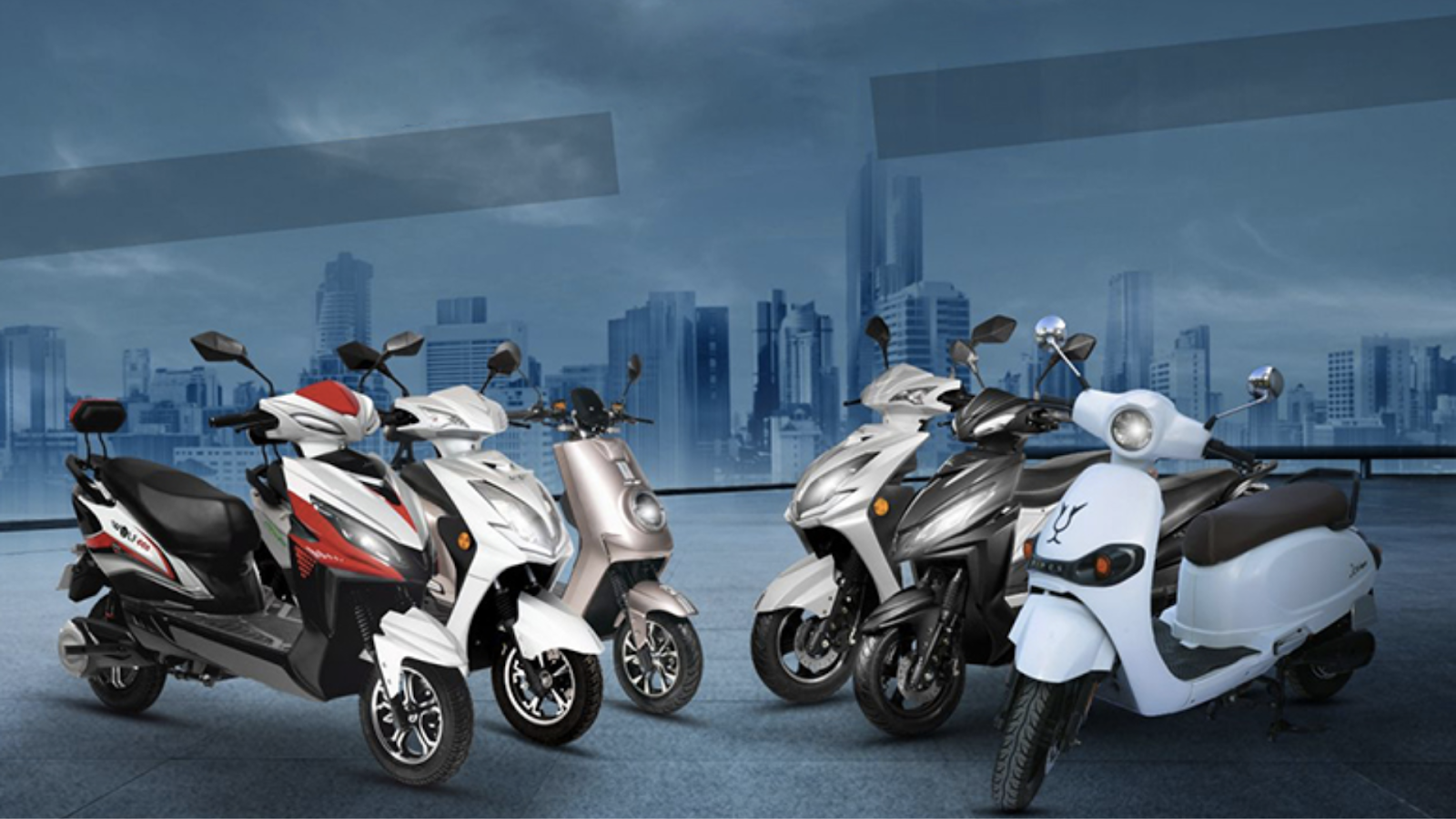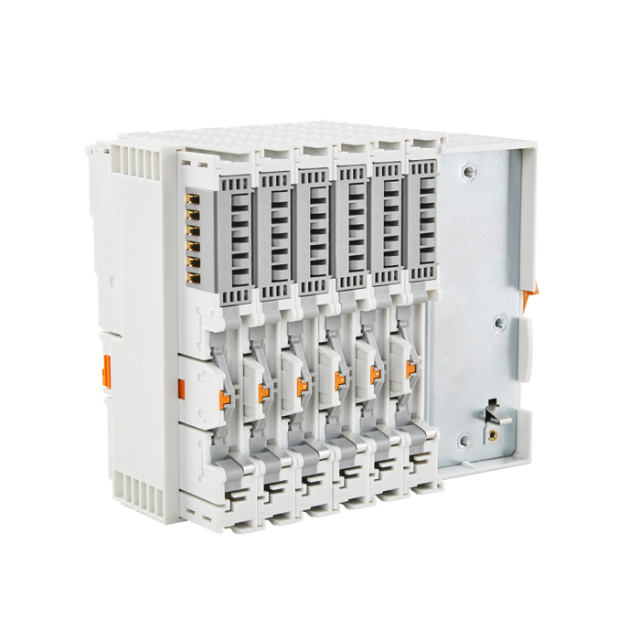 Schema + Rich Snippets – Dominate Search with Visual Results!
Schema + Rich Snippets – Dominate Search with Visual Results!
Latest Trends and Innovations Shaping the Electric Bike Industry
Written by Ancy Davis » Updated on: June 17th, 2025 299 views


Introduction:
The Electric Bike (e-bike) industry is rapidly evolving, driven by technological advancements and growing environmental awareness. This article explores the latest trends and innovations shaping the e-bike market, including solid-state batteries, lightweight materials, smart features, and more.
Solid-State Batteries in E-Bikes
One of the most groundbreaking developments in the e-bike industry is the adoption of solid-state batteries. Unlike traditional lithium-ion batteries, solid-state batteries use a solid electrolyte instead of a liquid one. This change offers numerous advantages, including higher energy density, faster charging times, and improved safety due to a lower risk of overheating and fires. These batteries are also more durable and have a longer lifespan, making them a promising solution for e-bikes, which require efficient and long-lasting power sources.
The transition to solid-state batteries in e-bikes is expected to address some of the key challenges faced by the industry, such as range anxiety and charging infrastructure limitations. As this technology matures, it could significantly enhance the performance and appeal of e-bikes, making them a more viable alternative to traditional bicycles and even cars.
Lightweight Materials and Advanced Frame Designs
Another trend in the e-bike industry is the use of lightweight materials and innovative frame designs. Manufacturers are increasingly utilizing materials like carbon fiber and advanced aluminum alloys to reduce the weight of e-bikes without compromising strength and durability. Lighter e-bikes are easier to handle and offer better performance, especially in urban environments where agility and ease of use are crucial.
Additionally, advanced frame designs that incorporate aerodynamic features and improved ergonomics are becoming more common. These designs not only enhance the aesthetic appeal of e-bikes but also contribute to a more comfortable and efficient riding experience. The integration of suspension systems and foldable frames further adds to the versatility and convenience of modern e-bikes.
Smart Features and Connectivity
The integration of smart features and connectivity is another significant trend shaping the e-bike industry. Many e-bikes now come equipped with GPS navigation, smartphone integration, and app-based controls. These features allow riders to monitor their performance, plan routes, and even lock and unlock their bikes remotely.
E-bikes with smart features can also offer real-time diagnostics, providing riders with valuable insights into the condition of their bikes. This proactive approach to maintenance can help prevent breakdowns and extend the lifespan of the e-bike. Moreover, the use of IoT (Internet of Things) technology enables manufacturers to offer over-the-air updates, ensuring that the e-bike's software remains up-to-date with the latest enhancements and security patches.
Download FREE Sample of Internet of Things Market
Enhanced Motor Technologies
Motor technology is a critical component of e-bikes, and recent innovations have led to more efficient and powerful motors. Mid-drive motors, for instance, are becoming increasingly popular due to their balanced weight distribution and superior performance on varied terrains. These motors provide better torque and climbing ability, making them ideal for both urban commuting and off-road adventures.
Brushless DC motors (BLDC) are another advancement in e-bike technology. They offer higher efficiency, quieter operation, and lower maintenance compared to traditional brushed motors. The adoption of regenerative braking systems, which capture and store energy during braking, further enhances the efficiency and range of e-bikes.
Customization and Personalization
As the e-bike market grows, so does the demand for customization and personalization. Riders now have more options to tailor their e-bikes to their preferences, from choosing specific components and accessories to selecting unique color schemes and designs. This trend is driven by the desire for individuality and the need to cater to diverse riding styles and environments.
Manufacturers are responding to this demand by offering modular e-bike designs that allow for easy upgrades and modifications. This approach not only enhances the user experience but also extends the lifecycle of e-bikes by enabling owners to update their bikes as new technologies become available.
Sustainability and Eco-Friendly Practices
Sustainability is a key concern for the e-bike industry, with manufacturers increasingly adopting eco-friendly practices in their production processes. This includes the use of recyclable materials, reducing waste, and implementing energy-efficient manufacturing techniques. Some companies are also exploring the use of biodegradable materials for certain e-bike components, further reducing the environmental impact.
Additionally, e-bikes themselves are seen as a sustainable transportation option, helping to reduce carbon emissions and traffic congestion in urban areas. As cities around the world promote cycling as a greener alternative to cars, the demand for e-bikes is expected to rise, driving further innovations in the industry.
Regulatory Changes and Government Incentives
Government policies and regulations play a significant role in shaping the e-bike industry. Many countries are introducing incentives such as subsidies, tax breaks, and grants to encourage the adoption of e-bikes. These measures aim to promote sustainable transportation and reduce the reliance on fossil fuels.
At the same time, regulatory changes are being implemented to ensure the safety and integration of e-bikes into existing transportation systems. This includes setting standards for e-bike speed limits, power output, and safety features. As these regulations evolve, they will likely influence the design and functionality of future e-bikes.
Future Prospects and Emerging Trends
Looking ahead, the e-bike industry is poised for continued growth and innovation. Emerging trends such as the development of autonomous e-bikes, integration with smart city infrastructure, and the use of artificial intelligence for route optimization are expected to redefine the e-bike experience.
Furthermore, advancements in battery technology, motor efficiency, and connectivity will continue to enhance the performance and appeal of e-bikes. As the industry evolves, e-bikes are likely to become an integral part of the urban mobility landscape, offering a sustainable, efficient, and enjoyable mode of transportation for people around the world.
Conclusion
The e-bike industry is undergoing a transformative phase, driven by innovations in battery technology, materials, connectivity, and sustainability. Solid-state batteries, in particular, represent a significant leap forward, promising to overcome many of the limitations of current e-bike designs. With ongoing advancements and growing support from governments and consumers alike, the future of the e-bike industry looks bright, with exciting developments on the horizon.
Read the complete blog
Note: IndiBlogHub features both user-submitted and editorial content. We do not verify third-party contributions. Read our Disclaimer and Privacy Policyfor details.
Copyright © 2019-2025 IndiBlogHub.com. All rights reserved. Hosted on DigitalOcean for fast, reliable performance.

















